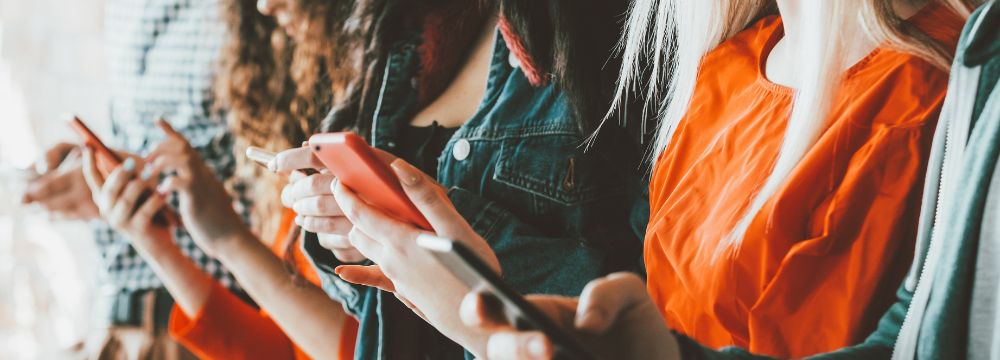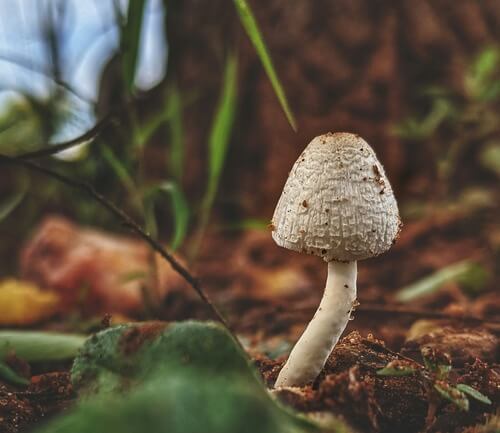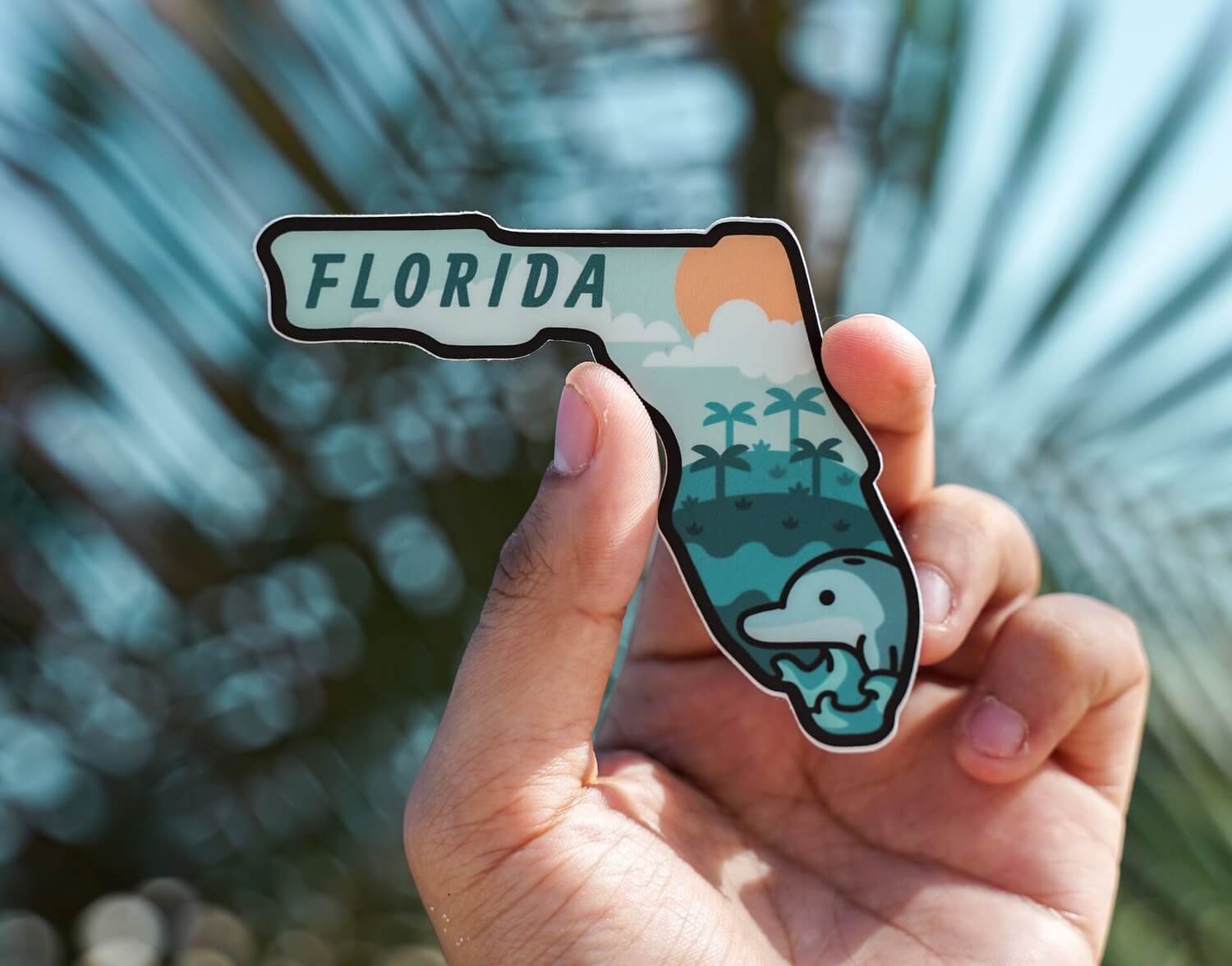Influence, Affluence, and Then What?

If that great wordsmith of our colonial days, Samuel Johnson, were around now, he would have to work ‘round the clock to update his most outstanding achievement. That was the sorely needed first American dictionary, entitled A Dictionary of the English Language, published in 1775.
That was then. Today, words to describe lifestyles–indeed life itself–have changed because of Covid-19 and efforts to cope with the quarantine it required. Therefore, a significant addition to our vocabulary became the plural noun “Influencers.” The term and the concept entered the American vernacular through social media but became entrenched when that social media became the means to keep in touch during sequestration.
The following is a small paragraph demonstrating the power of Influencers in general and on the mighty American fashion industry in particular: “‘Fast fashion’ is the result of Internet celebs creating instant trends. Fashion houses now create trendy clothing in limited amounts and then prepare their factories for the next trend.”
Who are these Influencers? In earlier times, they may have been called “role models,” “gurus,” fashion leaders, or “stars.” They appeared to be living glamorous lifestyles worthy of copying.
Behaviorists might have characterized the fans of Influencers as “moonstruck.” And while this relationship appeared to be meeting the needs of lonely humans stuck at home, a dark side of moonstruck crept in. Symptoms of depression began being reported by people seeking help at mental health facilities. Doctors and therapists attributed these symptoms to overexposure to social media in general and to the obsessive following of Influencers in particular. Envy of those glamorous celebrities and their grandiose lifestyles sometimes engendered feelings of inadequacy, worthlessness, and hopelessness, all of which can lead to depression.
Citing the view of mental health professionals, Ben Brafman, co-founder of Sylvia Brafman, recently said:
“Back in May, the Surgeon General issued a statement voicing concern about the overuse of social media by the youth of our country. He pointed out that, at that particular critical point of adolescent brain development, social media use is predictive of decreases in life satisfaction and additional concerns around body image, sleep issues, and more. Now the implications concern just about every age group–on both sides of the table. The consequences are being borne by both the followers and the Influencers. So now, while we may correlate watching too much with the advent of depression, we also are asking, ’Might the stress of working on social media be a cause of depression? Has the pressure of maintaining celebrity and influence contributed to a rising suicide rate?’”
His colleague Liza Piekarsky, LMHC, CAP, NCC, Director of Clinical Outreach at SBMHC continued laying out the conundrum. “Influencers are charismatic. You could call them Pied Pipers. They promise you the best life possible if you follow their advice and example. That’s very tempting, but what are their credentials? Are their recommendations good for you, or do you accept them as one size fits all? For example, if they recount their bouts of illness and recovery, do you identify with them? Do you self-diagnose and take the same medication without consulting a physician? Above all, do you remember many are being paid to market the products they recommend and profess to use?”
The Influencer Back Story: A rousing welcome was predictable when the parade of these celebrities, and would-be stars, decided to take advantage of the platforms offered by social media. According to a report on Google (Influencer Marketing Hub, Benchmark Report 2023), social media audiences number close to five billion.
Best of all portents of success, the audiences loved celebrities, even if the reason for that celebrity was nebulous. The Influencers were, and still are primarily savvily-dressed and coiffed, polite folks. They came to do good; some did very well. In astronomical numbers, they became objects of adoration and affection.
How do they do it? Some recount how they have walked in your shoes, sloshed through the same floods, yet survived and thrived. They promise to share their how-to secrets and hard-learned life lessons with you. They say they can tell you how to live well, eat appropriately for your body type, make a fantastic income as an expert in any field without any knowledge of that field, how to dress, which makeup/hair products will help you look 20 years younger, how to decorate your home, how to be happy, how to handle your finances, and how you can become a celebrity too.
Like the six-stories-tall balloon characters in a Macy’s Thanksgiving Day Parade, some influencers have flown high for a while. Sadly, others, overinflated, have imploded. Under investigation is whether some of their fans followed their disastrous example of suicide.
In 2023, six Tik Tockers had died by July. From official statements by grieving family or staff, it is, naturally, difficult to identify the real cause of death. But the fact remains that many young people are dying young; and whether attributable to a previous mental or physical health condition or not, many have taken their own lives.
The clean-up job is now tackled by knowledgeable, trained mental health therapists.
They point out that one must hold up a mental THINK sign before rushing headlong into emulating an Influencer. Zits can be airbrushed out to show perfect skin. So can excess pounds. Chic clothes may be a gift from an up-and-coming designer. That mansion may be from a film set.
Also to be considered is, “What is success?” And if you attain your vision of it, will you be happy? When is enough, enough? Why have some Influencers, who seem to have everything, committing suicide? It’s why we emphasize career assistance here at Sylvia Brafman.
A nugget of truth may lie in approaching Influencers from a different viewpoint…business rather than show biz.
Here is a takeaway wrap-up from Investopedia.com: “From a business-marketing perspective, it provides a vital way to promote a vast audience and incentivize them to ultimately make a purchase.”



